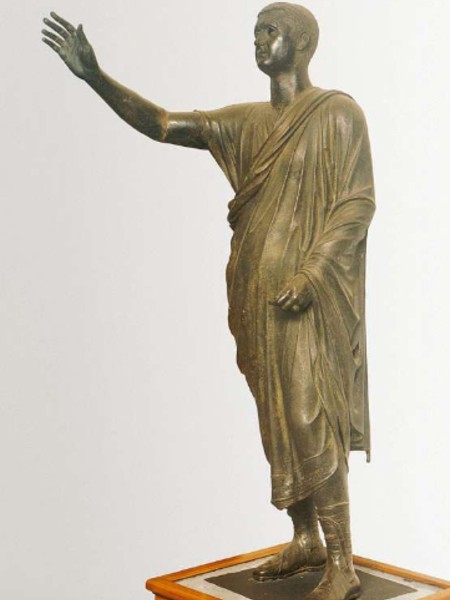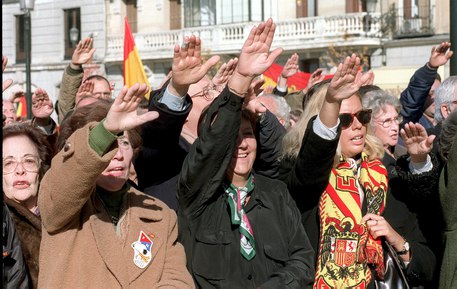


The first known record of the phrase is in the writings of Suetonius (here with apices for legibility): Tacitus (c. 56–117, writing from around 98 to 117) mentions the event but does not quote the phrase. Suetonius (c. 69–75 to after 130, probably writing around AD 121), and Cassius Dio (around 155–164 to after 229, probably writing 200–22) both wrote about the event and quoted the phrase. The source material comes from the works of three Roman historians, who were all born after the events of 52 AD. It was more likely an isolated appeal by desperate captives and criminals condemned to die, and noted by Roman historians in part for the unusual mass reprieve granted by Claudius to the survivors. Historians question whether it was ever used as a salute. ĭespite its popularization in later times, the phrase is not recorded elsewhere in Roman history. Variant components in the exchange include " Have" as the first word instead of the grammatically proper "Avē", as well as the alternate wordings "Avē Caesar" and "Moritūrī tē salūtāmus" -the latter in the 1st person ("We who are about to die salute you") -and a response in 15th-century texts of "Avete vos" ("Fare you well").

Suetonius reports that Claudius replied "Aut nōn" ("or not"). It was reportedly used during an event in AD 52 on Lake Fucinus by naumachiarii-captives and criminals fated to die fighting during mock naval encounters-in the presence of the emperor Claudius. Ave Caesar! Morituri te salutant, by Jean-Léon Gérôme (1859), inaccurately depicting gladiators greeting VitelliusĪvē Imperātor, moritūrī tē salūtant ("Hail, Emperor, those who are about to die salute you") is a well-known Latin phrase quoted in Suetonius, De vita Caesarum ("The Life of the Caesars", or "The Twelve Caesars").


 0 kommentar(er)
0 kommentar(er)
